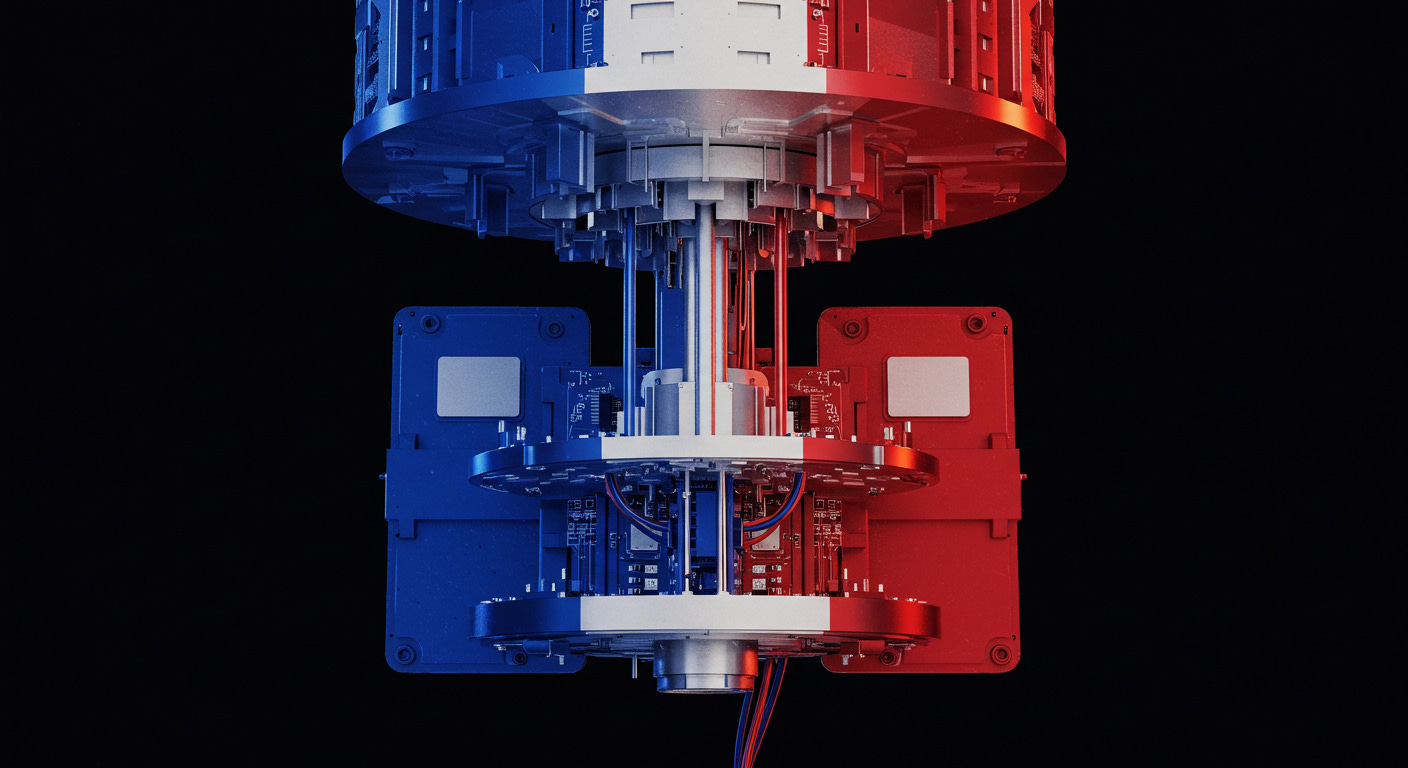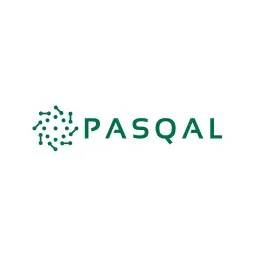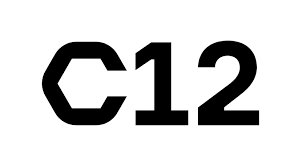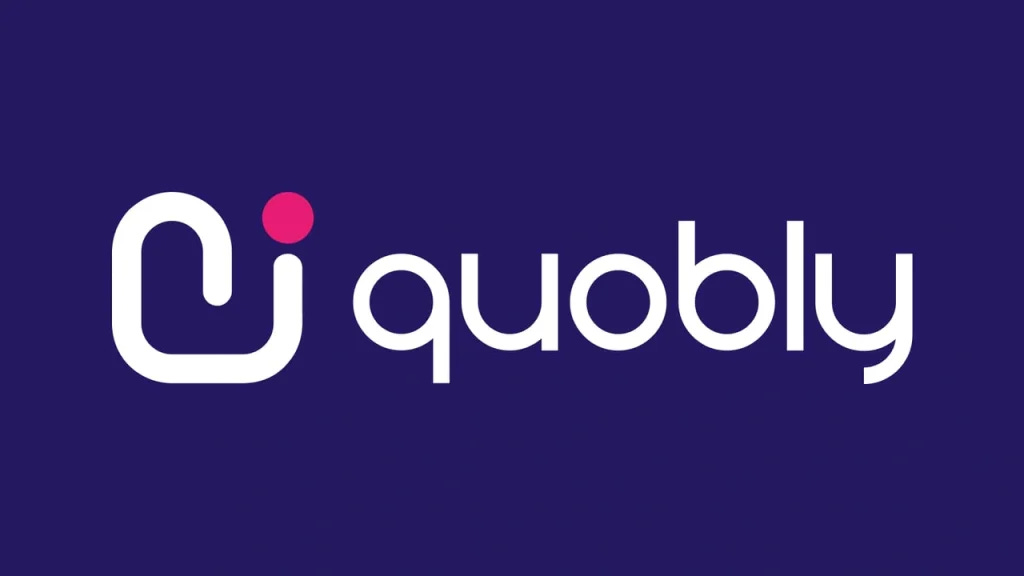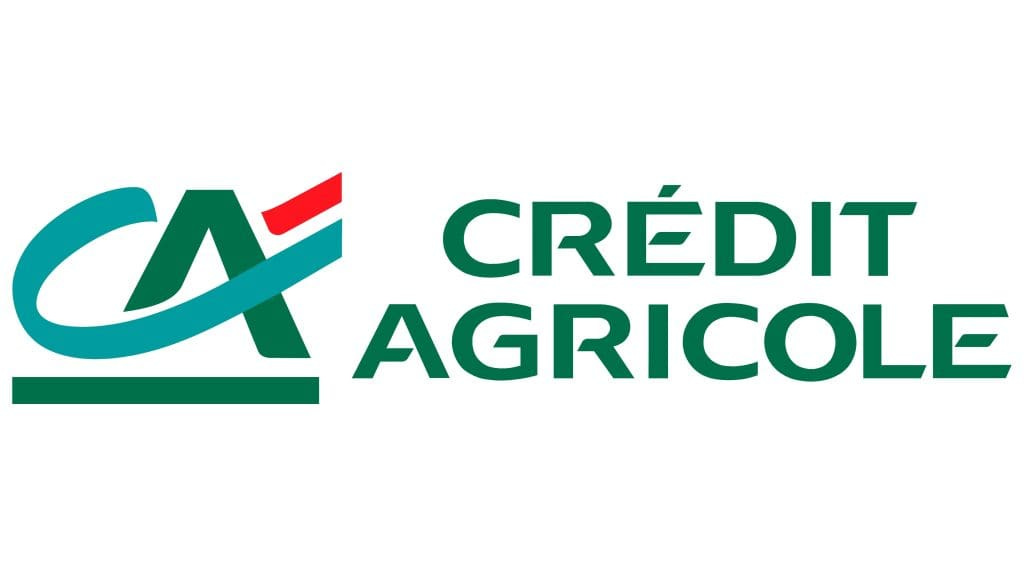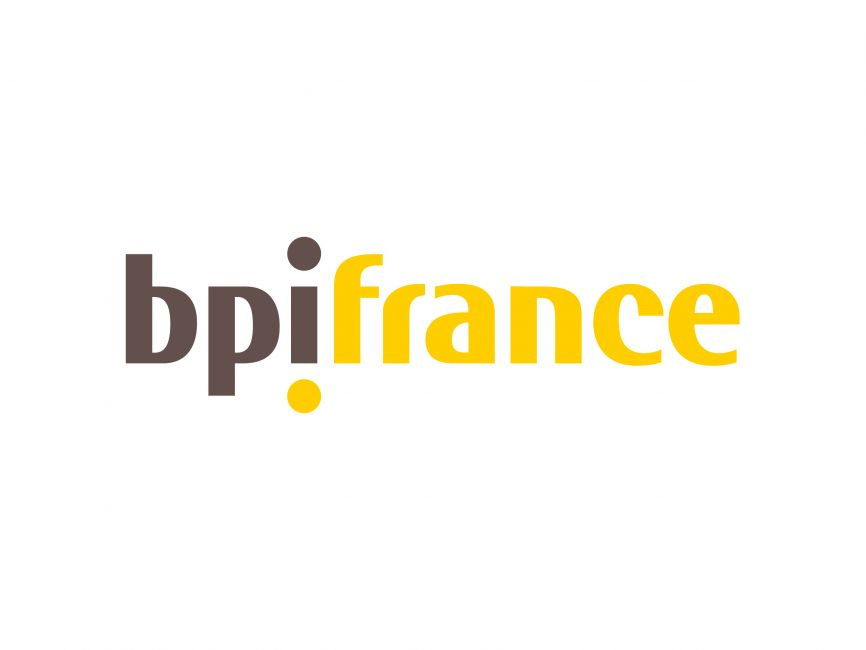France has been rising to be one of the significant players in the quantum technology sector, with several companies making notable advancements. Collaborative efforts are seen from different categories to develop strategic investments and research on cutting-edge technologies from French universities and research labs, primarily focused on producing groundbreaking inventions in quantum computing, communication, and sensing, laying a solid foundation for innovation.
One of the remarkable examples is the launching of the National Quantum Strategy in 2021 by the French government, which amounted to a total investment of €1.8 billion. This program surely shows its wide long-term ambition to position the nation as a leader in the global quantum race, strengthening collaborations between academia, industry, and even startups.
The country has also established a robust ecosystem for quantum research, supported by its world-class institutions, such as the CNRS (National Center for Scientific Research) and CEA (French Alternative Energies and Atomic Energy Commission). Thus, France is undoubtedly making a significant leap forward in the global quantum landscape through its strong governmental support, collaborative research, and thriving industrial innovation.
Moreover, according to market research, the quantum computing market in France generated USD 93.1 million in revenue in 2023 and is expected to rise rapidly over the next few years, reaching approximately USD 233.8 million by 2023. The compound annual growth rate (CAGR) from 2024 to 2023 is 14.1%0.
Earlier this year, the country launched another program, The PROQCIMA initiative, which is part of France’s National Quantum Strategy, which aspires to build a fault-tolerant quantum computer by 2030. Backed by €500 million in funding, this ambitious program reflects FFrance’scommitment to advancing quantum technology on a ggFrance’sale. Primarily, the PROQCIMA program is designed as a decade-long competition involving five selected companies: PASQAL, Alice & Bob, Quandela, C12, and Quobly. These selected companies will both compete and collaborate to drive advancements in France’s quantum technology ecosystem.
PASCAL
One of France’s key players is Pasqal, which was established in 2019 by a team of renowned quantum physics researchers, including Professor Dr. Alain Aspect, a recipient of the 2022 Nobel Prize in Physics. The company specializes in neutral-atom quantum computing technology. By leveraging highly stable and scalable atomic arrays, Pasqal offers innovative quantum solutions for various industries, including energy, finance, and healthcare.
Coming from last year’s launching of their quantum discovery, the first-year oral-atoms quantum computing exploration platform is designed for businesses and teams to dive into the quantum world. This cloud-based platform provides access to Pasqal’s quantum emulators and a 100-qubit quantum process, making real quantum hardware accessible. It features three modules: an onboarding section with tutorials and demos, an interactive coding experience to experiment with quantum algorithms, and a use-case identification tool for exploring practical applications.
Ending the year strong for Pasqal, the team has announced a collaboration with Riverlane, one of the notable companies specializing in quantum error correction (QEC) technology. This collaboration marks a significant step towards achieving fault-tolerant quantum computing. This critical milestone corrects errors in real time, enabling quantum systems to perform at their full potential. The partnership’s objective is to combine Pasqal’s cutting-edge partnership technology with Riverlane’s quantum error correction (QEC) stack, Deltaflow, with shared persistent reliability challenges in quantum computing.
Deltaflow is designed to detect and correct errors in noisy small-scale quantum systems, which are a fundamental barrier to practical applications. By leveraging Pasqal’s neutral atom technology’s high connectivity and inherent stability, this integration is moving Pasqal forward toward paving the way for early fault-tolerant quantum computers capable of delivering consistent, high-performance computations.
Alice & Bob
The next one is the “at qubit” technology innovator Alice & Bob, a French quantum computing startup, which has progressively unveiled significant advancements in its superconducting technology design.
In July 2023, the company introduced two innovative approaches to enhance performance: error suppression and scalability. The first one, TomCat, is designed to eliminate the need for the transmon component in qubit readout, drastically reducing bit-flip errors by four orders of magnitude, halving the qubit’s physical footprint, and lowering the number of IO required. The second advancement, AutoCat, simplifies and strengthens the stabilization mechanism, improving stabilization strength by a factor of ten while reducing calibration complexity, control lines, and energy consumption.
And this year, they were not finished; just before the year is about to end, the company unveiled another groundbreaking logical qubit emulator designed to assist developers in advancing from Noisy Intermediate-Scale Quantum (NISQ) systems to fault-tolerant quantum computing, Felis 1.0. This innovative tool empowers users to refine algorithms tailored for logical qubits, paving the way for more robust quantum applications. Felis technically provides advanced features such as hardware parameter calibration, logical qubit optimization, and exploration of error correction techniques essential for next-generation quantum systems.
Looking through these advancements, it is without hesitation that Alice & Bob have made strong advancements in their superconducting technology, from theoretical qubits to practical quantum technology. Significant advancements have been achieved in their manufacturing and control, culminating in the launch of their single-qubit device, Boson 4, on Google Cloud, which now holds a world record for bit-flip protection.
Alongside these technical achievements, theoretical progress has demonstrated that quantum computers utilizing cat qubits could perform Shor’s algorithm with up to 60 times fewer qubits than Shor’s conventional methods. This showcases their potential to revolutionize quantum computation efficiency.
Quandela
As one of the companies chosen for the PROQCIMA initiative, Quandela has demonstrated a strong commitment to innovation, particularly with its photonic-native Variational Quantum Differential Equation solver. This advanced tool offers remarkable flexibility in solving a wide range of differential equations, highlighting the company’s cutting-edge approach to quantum technology. The company has been particularly developed to help address the challenges currently being faced in the aeronautics and space industries, which include high computational costs for turbulent flows and combustion processes, which are critical for their operations.
The photonic-native Variational Quantum Differential Equation solver solution offers the potential for more precise and efficient fluid dynamics simulations, improving the ability to model complex flows and extreme conditions. This breakthrough could also transform the design and performance of cutting-edge aerospace systems, driving innovations in propulsion, aerodynamics, and overall efficiency for both aircraft and spacecraft.
Another technology that Quandelahase developed has been used in industries like automotive and aerospace since, generally, generating diverse and specialized image datasets for AI training can be expensive and time-intensive. To address this, the company’s Quantum Generative Adversarial Network (QGAN) allows synthetic images from existing datasets, simulating a wide range of scenarios such as varying weather, lighting, and environments. According to Quandela, this innovative approach will potentially reduce costs and accelerate data acquisition while enriching training datasets with greater diversity. Moreover, by enhancing the versatility of AI models, this technology improves their accuracy and robustness, enabling more reliable applications in complex operational conditions across these sectors.
C12
C12 is a company responsible for innovating carbon nanotubes as the fundamental building block of processors. The company’s vision is to combine the power of an ultra-pure company with an easy-to-manufacture device, thus enabling the development of a scalable platform for quantum computing.
C12’s cutting-edge quantum technology is poised to revolutionize multiple industries through its advanced applications. Future quantum processors developed by the company will enable highly accurate simulations and optimizations of chemical reactions, paving the way for groundbreaking advancements in material science and chemistry. Collaborating with Air Liquide, C12 is currently focused on optimizing metal deposition processes in semiconductor nanofabrication.
Another practical application by C12 is the integration of ATOS and Artelys programming, wherein the quantum systems aim to accelerate convergence in dense graph-based optimization problems, addressing complex computational challenges.
Additionally, CC12’s technology holds the potential to enhance quantum computations by utilizing carbon nanotube-based qubits, which offer superior coherence times and reduced error rates compared to traditional qubit technologies. These capabilities are particularly valuable for applications in healthcare, finance, and the automotive industry, where precision and efficiency are paramount.
Quobly
One of the startup companies chosen to take part in the PROQCIMA initiative, Quobly aims to shape a better digital future by leveraging quantum-powered computing solutions to drive progress in areas like medical research, drug discovery, mobility, energy, and beyond.
Put simply, their breakthrough research has transformed transistors into high-quality quantum bits, marking a significant milestone in quantum technology. Through their team’s research, Quobly is confident that the same very-large-scale integration (VLSI) processes used in manufacturing classical processors can also be applied to create large-scale quantum integrated circuits. This approach enables efficient and cost-effective production using existing semiconductor fabrication facilities.
Companies from Other Sectors Investing in Quantum Technologies
Crédit Agricole
Crédit Agricole Corporate, one of France’s largest global financial institutions, has also joined France’s quantum technology. The company has seen the potential of quantum computers in enhancing efficiency in risk management and capital markets, which are considered to be one of the challenges in the financial sector. Under the leadership of Ali El Hamidi, the bank’s capital Market Funding department partnered with banks to explore quantum technology’s potential for solving complex financial challenges.
Quantonation
Established in 2018, Quantonation is recognized as the first early-stage venture capital fund exclusively focused on quantum technologies and deep physics. The firm has been instrumental in supporting startups that are transitioning quantum innovations into commercially viable products.
In April 2024, Quantonation announced the first closing of its second fund, Quantonation II, securing €70 million towards a target of €200 million. This fund aims to invest in approximately 25 companies globally, spanning sectors such as quantum computing, secure communications, and ultra-precise sensing.
In September 2024, Quantonation became the first investor of the new startup company, Quantum Signals. A company that focuses on optimizing large order execution for traders by utilizing cutting-edge advancements in AI. Simultaneously, the company also aims to advance quantum and quantum-inspired AI methods.
Bpifrance
Bpifrance, the French public investment bank, plays a pivotal role in financing innovation within the country. Through its Digital Venture fund, Bpifrance has participated in funding rounds for quantum computing startups, including C12, a company specializing in carbon nanotube-based quantum computers.
In June 2024, C12 secured €18 million in a funding round that included Bpifrance’s Digital Venture fund, underscoring the bank’s commitment to advancing quantum technologies.
And back in November 2021, Quantonation was also one of the investors of the French startup company Quandela, awarding them €15 million, helping the company to invest in new equipment to achieve this goal. Quandela has already developed Prometheus, the world’s first photonic qubit generator, and supplies products to companies and research centers globally.




